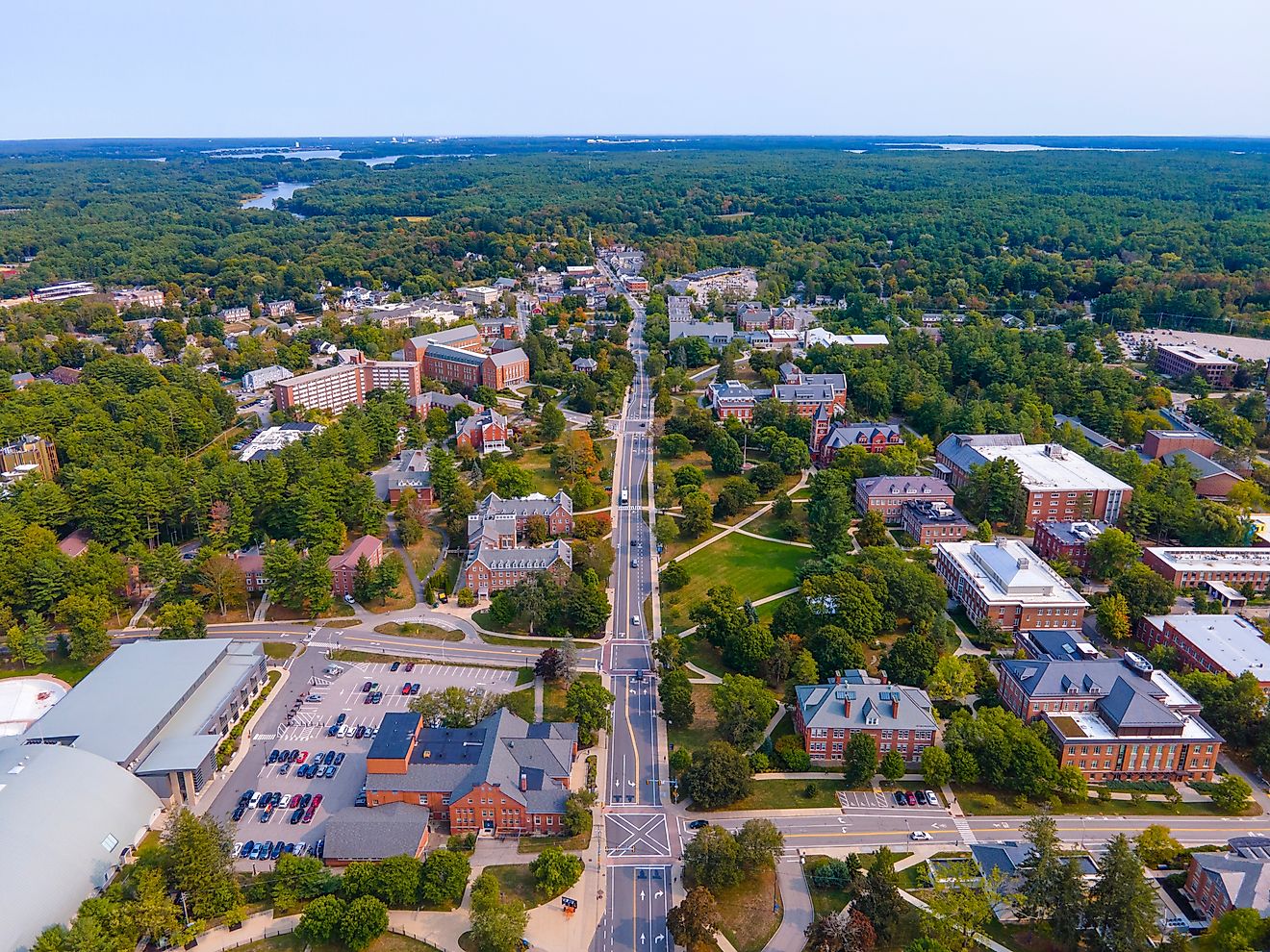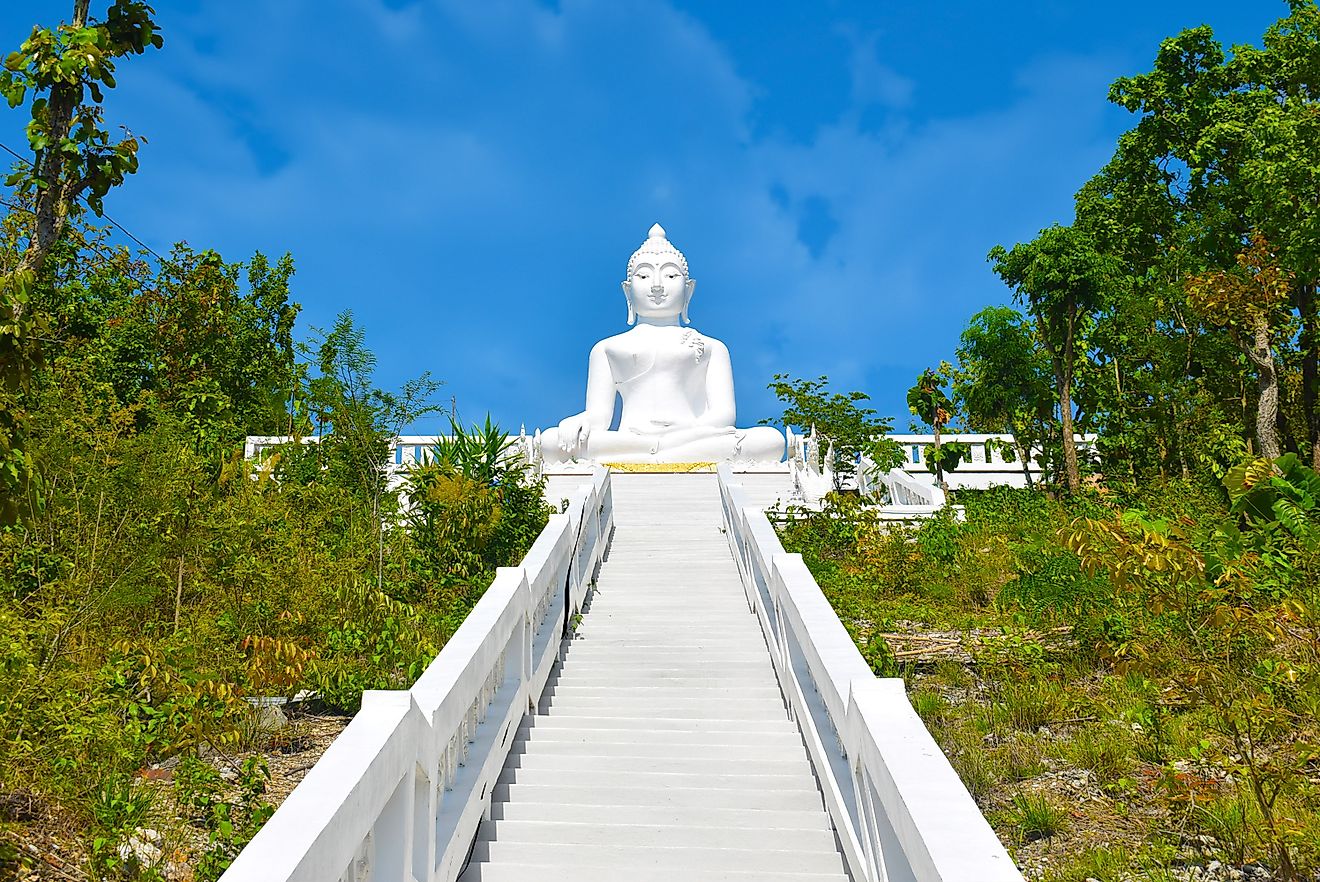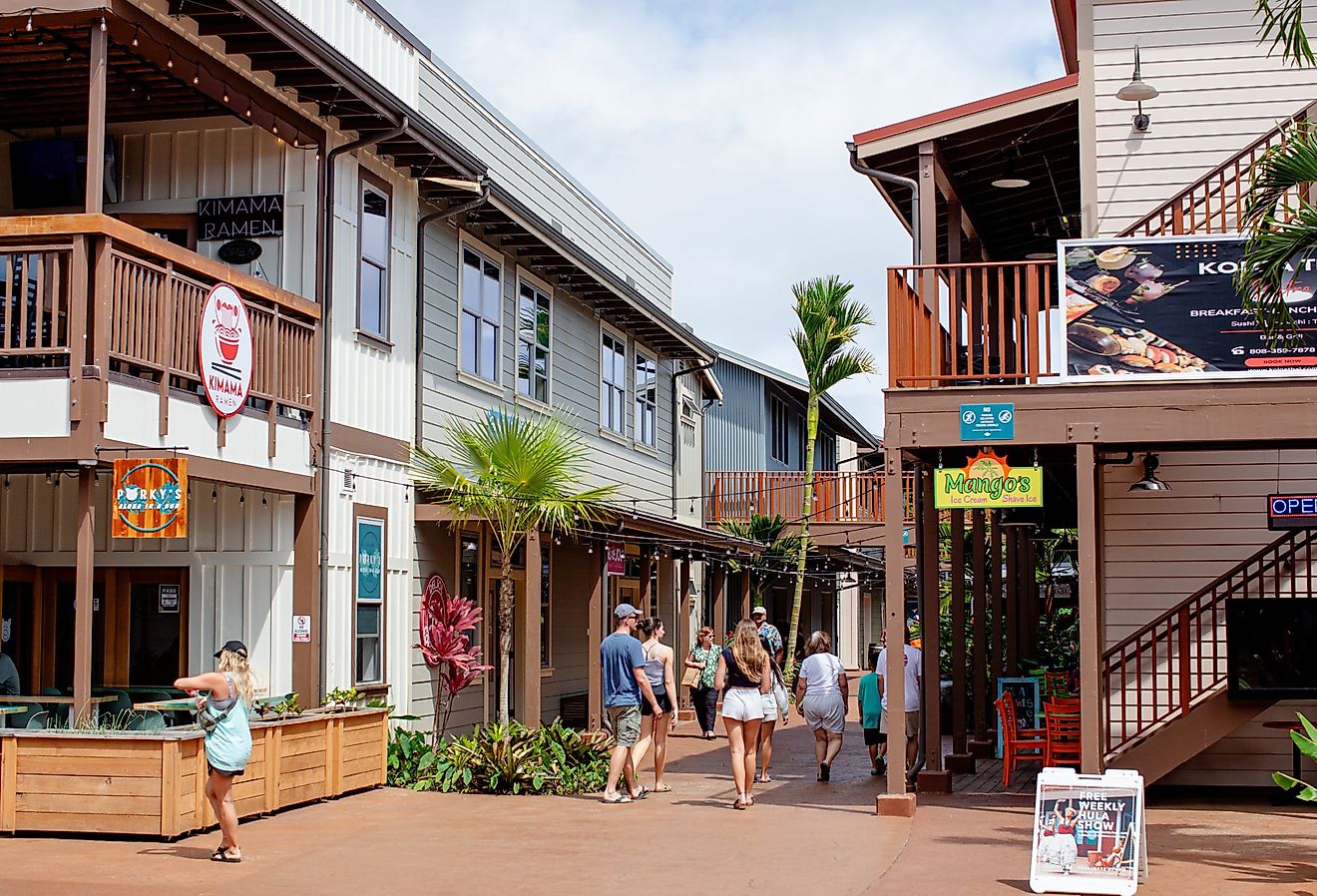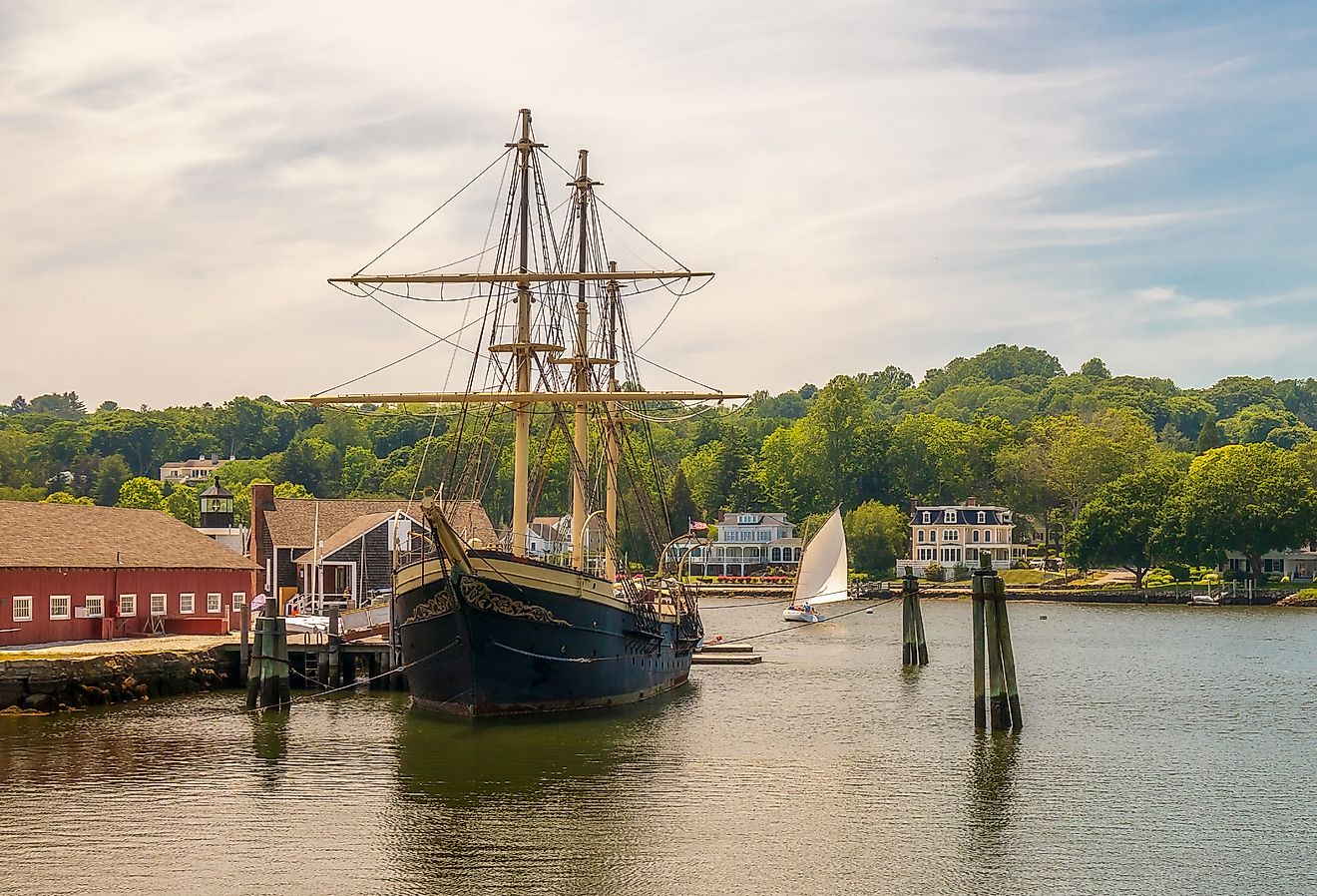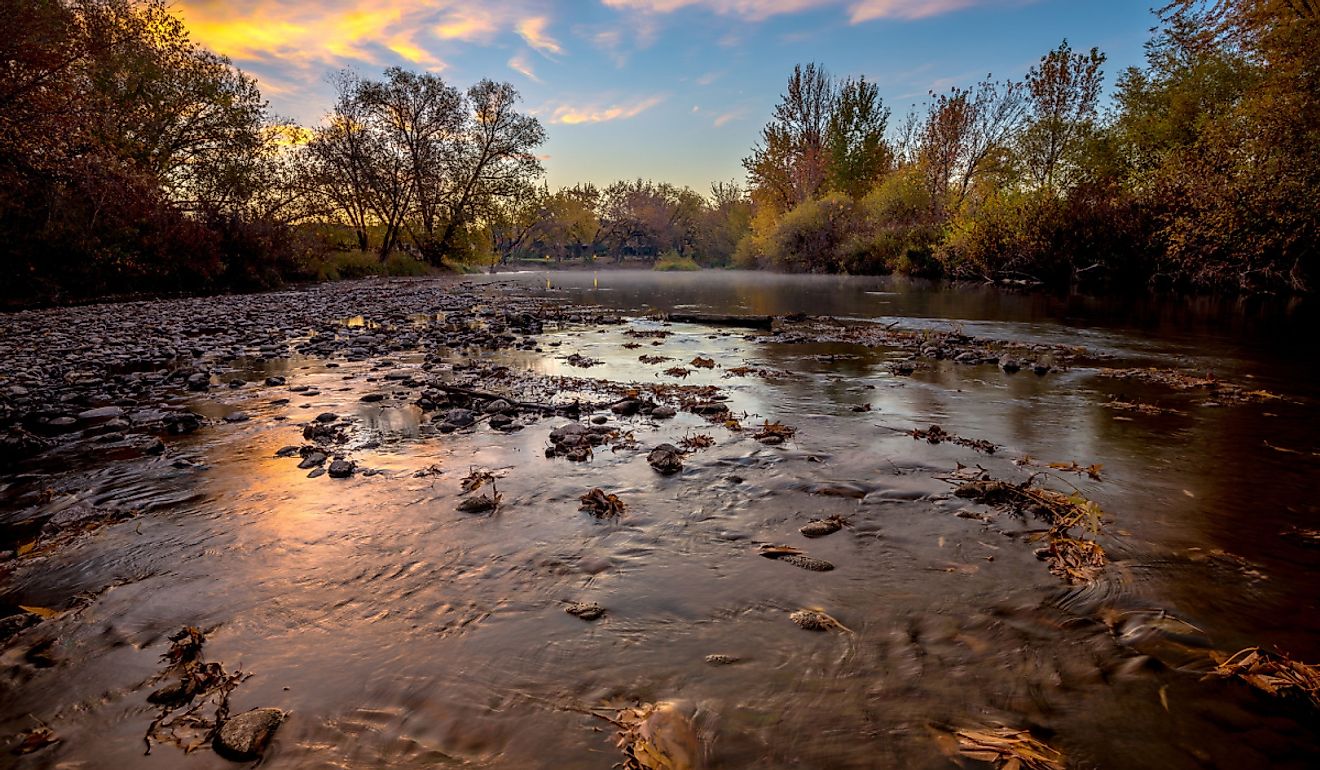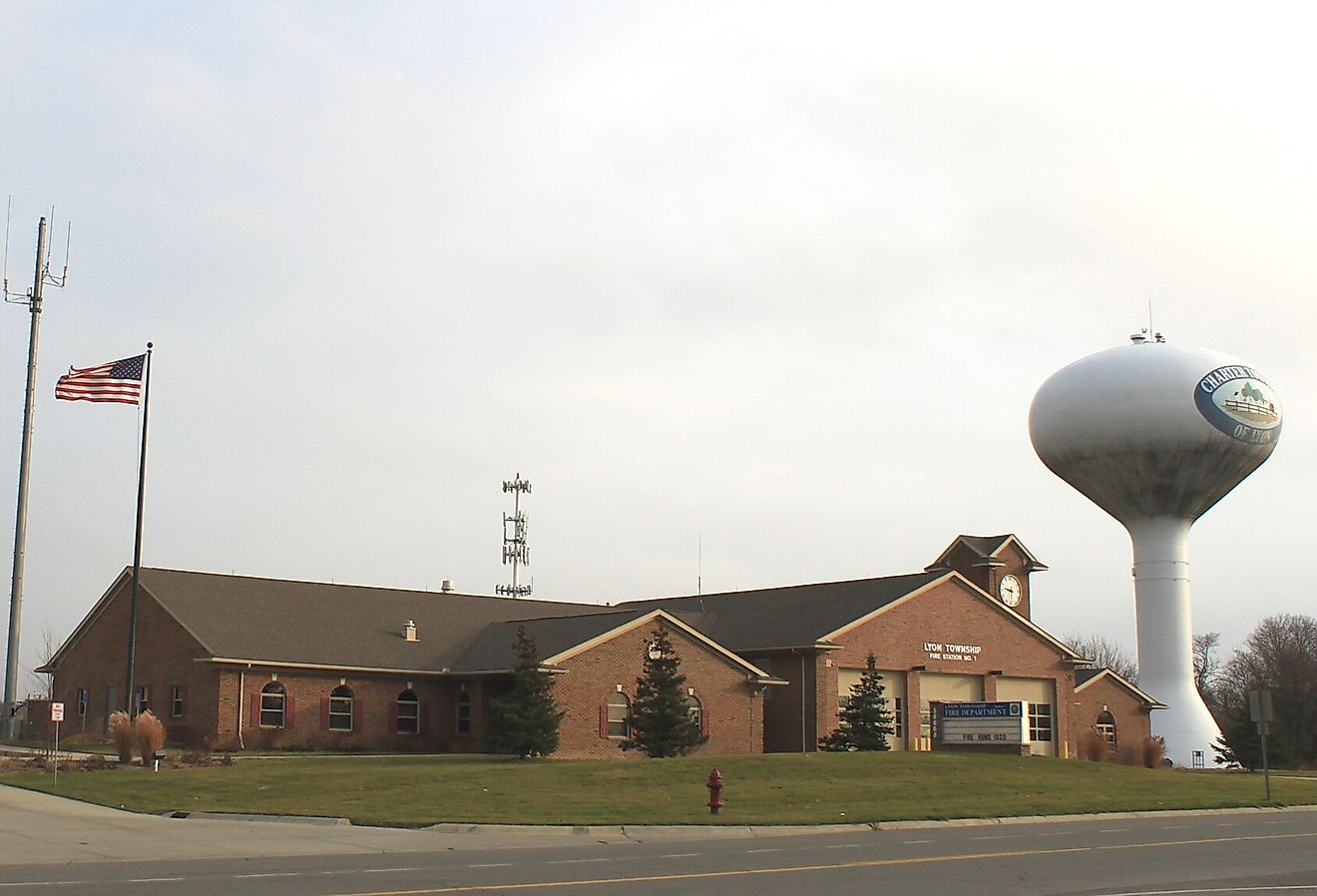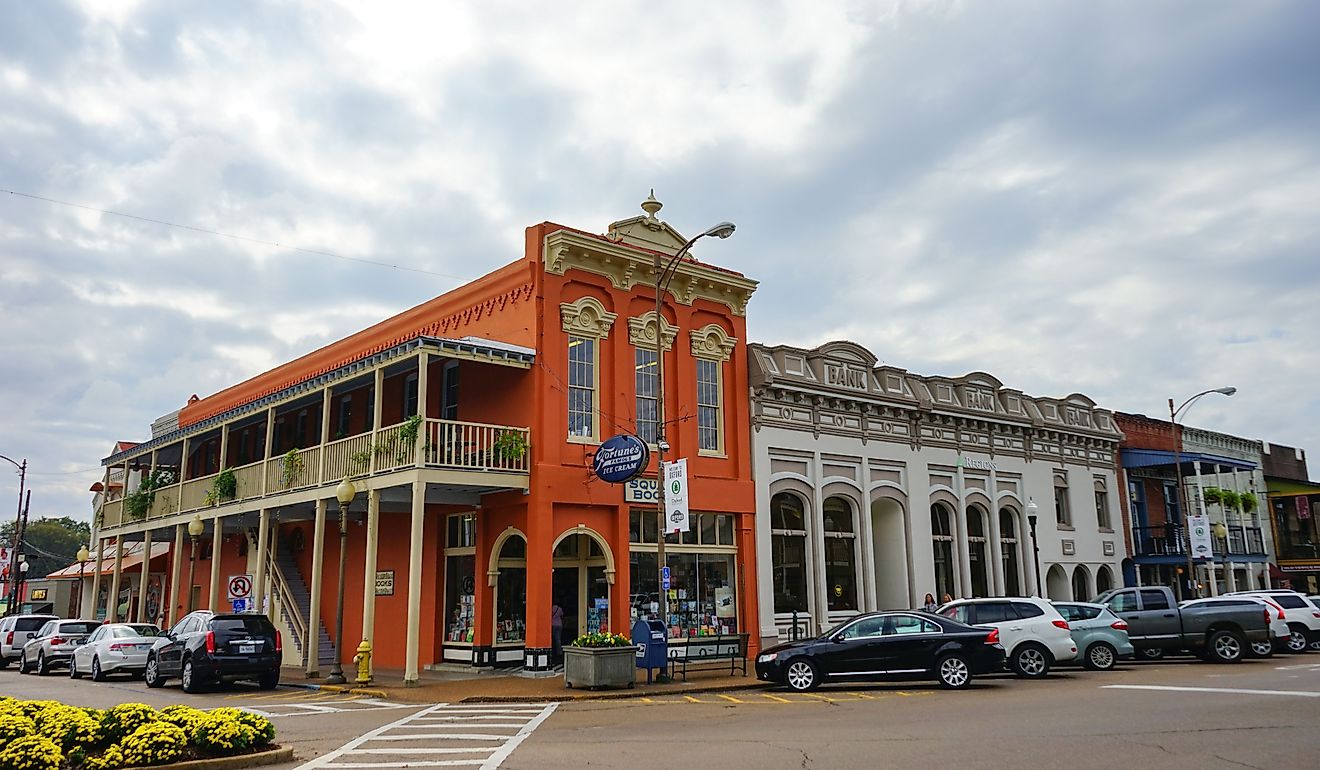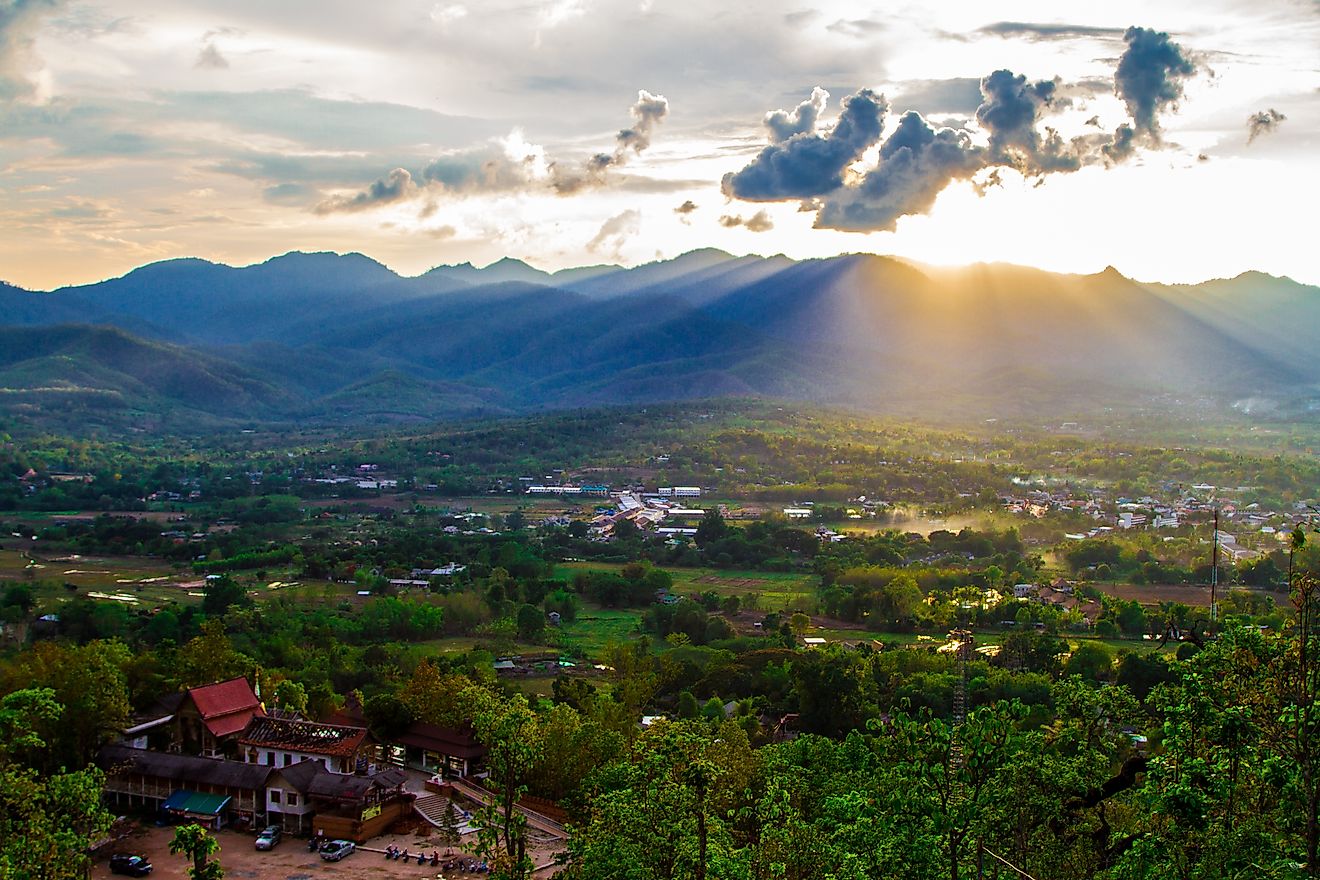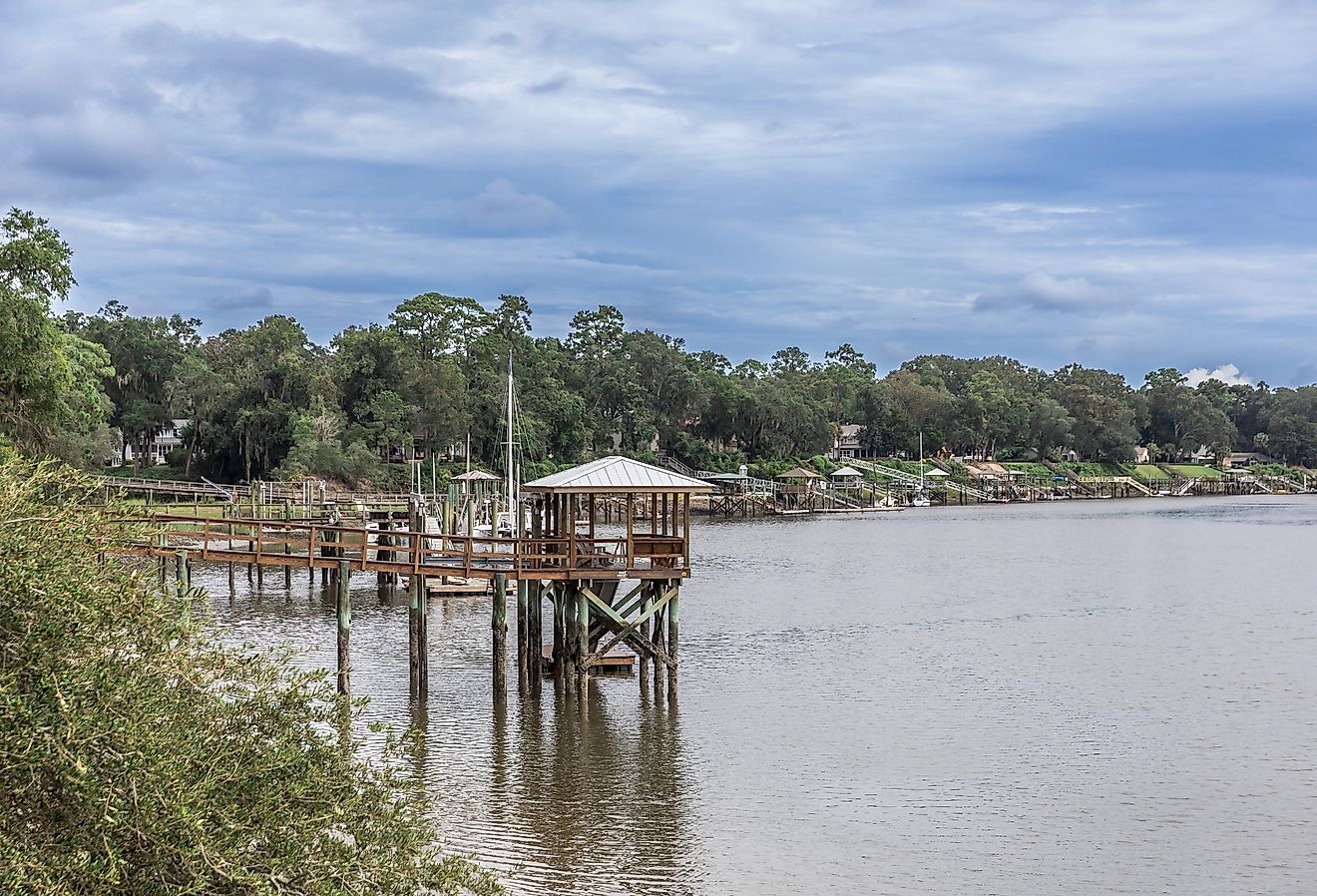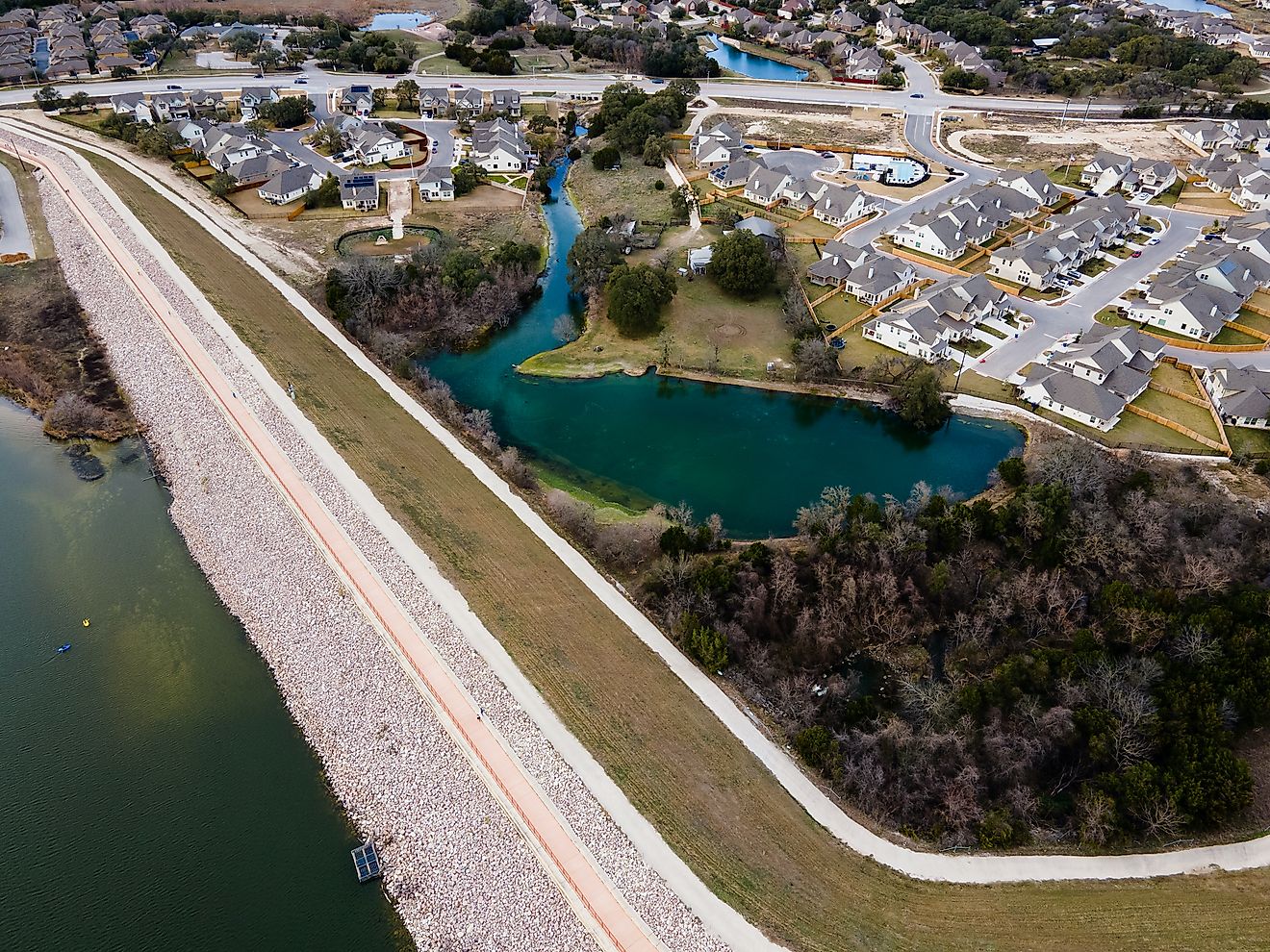The World's 7 Most Remote And Dangerous Islands

- A remote group of volcanic islands, Tristan da Cunha is the world’s most isolated inhabited archipelago.
- Highly venomous snakes rule the Ilha da Queimada Grande Island off the coast of Brazil making the island inaccessible for most people.
- The Easter Island’s Rapa Nui National Park is regarded as the world’s remotest UNESCO World Heritage Site.
For centuries, explorers and adventurers have sailed in the high seas and discovered numerous islands, big and small. Although humans have colonized many of these islands, there are others that continue to remain shrouded in mystery. Some are shunned due to known dangers while others are almost inaccessible due to weather conditions and choppy seas. Some of these remote and dangerous islands have been described below.
Bouvet Island

Bouvet Island, often referred to as “the loneliest place on earth,” is an uninhabited frozen island located at the southern end of the Mid-Atlantic Ridge. It is 1,700 km north of Antarctica’s Princess Astrid Coast and 2,600 km south-southwest of South Africa’s coast. 93% of the 49 square km area of this island is covered in ice. An inactive volcano with an ice-filled crater stands out in the center of this island. Landing on the island is a gigantic task with most landings taking place in a smaller island, Larsøya, near the coast of the Bouvet or via helicopter from a nearby ship on the icy surface of Bouvet. Life on the island is limited to plants like mosses and lichens, and animals like seals, penguins, and seabirds.
North Sentinel Island

Although not geographically as isolated as most other islands on this list, North Sentinel Island is inaccessible because of its inhabitants. It is part of the Andaman Islands archipelago in the Bay of Bengal off the coast of India. The people living on the island, called the Sentinelese, are untouched by the modern world. They see any contact with the modern humans as a threat to their lives and hence violently confront any attempts made to contact them. Stories exist how fishermen who accidentally landed on the Sentinel Island were killed. More recently in 2018, an American who managed to land on the island to preach Christianity was killed. He entered the island illegally as the Indian government has banned all visits to the island in an effort to leave the Sentinelese alone. It is believed that the Sentinelese, who are at least 30,000 years old, might be wiped out due to an epidemic upon coming in contact with modern humans as they do not have immunity to diseases that plague our world.
Pitcairn Islands

A British Overseas Territory located in the southern Pacific Ocean, the Pitcairn Islands is a group of four remote islands separated from each other by hundreds of miles of ocean. These islands are named Pitcairn (the main island), Ducie, Oeno, and Henderson. Together, these islands have an area of 47 square km. Only Pitcairn Island is inhabited with about 50 permanent residents. It is believed that the residents here can trace their lineage to the mutineers of the British ship HMS Bounty who settled on the island in 1790. The islands in the group are now part of one of the largest marine reserve on the planet that covers 830,000 square km of open ocean water.
Easter Island

The Easter Island’s Rapa Nui National Park can be regarded as the world’s most remote UNESCO World Heritage Site as it is located on one of the world’s most isolated islands. Easter Island, a territory of Chile, is located in the Polynesian Triangle’s southeastern-most point in the Pacific Ocean. The nearest inhabited island is Pitcairn Island that is 2,075 km away. Despite its isolation, it was once home to the Rapa Nui people as evident by the 1,000 extant monumental statues created by these people on the island. These statues and the surrounding landscapes are protected within the boundaries of the Rapa Nui National Park.
Ilha da Queimada Grande

Also known as the Snake Island, the Ilha da Queimada Grande is not geographically remote but yet inaccessible to most people. As the name suggests, snakes rule the island and these snakes are extremely venomous in nature. The island is located off the Brazilian coast in the Atlantic Ocean. Despite its small size, it has varied landscapes ranging from bare rock to rainforest. It is also home to the golden lancehead pit viper or Bothrops insularis that is highly venomous. This snake is found only on this island and is adapted to feed on the birds of the island. Every square meter of Snake Island has a lancehead and hence, walking on the island without sufficient protection is suicidal. The Brazilian government has barred all public visits to the island. Only scientists and other personnel with special permission can visit.
Kerguelen Islands

Also referred to as the Desolation Islands, the Kerguelen Islands is a group of islands that are among the most isolated places on Earth. This island group is located in the Antarctic region where they form a part of the Kerguelen Plateau that is exposed on the surface of the sea. The rest of the plateau remains submerged in the ocean waters. These islands are over 3,300 km from Madagascar, the nearest location with human settlement. The Kerguelen Islands are under the administration of French Southern and Antarctic Lands. The largest island in the group is named Grand Terre and it is 6,675 square km in area. The climate here is too harsh to support any life without special arrangements. Strong, cold winds blow all year round and the surrounding seas remain choppy. Despite the challenging environment, France maintains a permanent group of around 45 to 100 soldiers, scientists, engineers, and other professionals on these islands. The only way to reach these islands is by ship.
Tristan da Cunha

A remote group of volcanic islands, Tristan da Cunha is the world’s most isolated inhabited archipelago. It is located in the south Atlantic Ocean at a distance of 3,486 km off the coast of the Falkland Islands. Tristan da Cunha is part of a British Overseas Territory. It has a resident population of 250 individuals that entirely resides on the main island which is also called Tristan da Cunha. The remaining islands remain without human settlements and some are wildlife reserves. As there are no airstrips on these islands, the only way to reach them is by boat. It takes a 6-day boat trip from South Africa to reach the archipelago.
